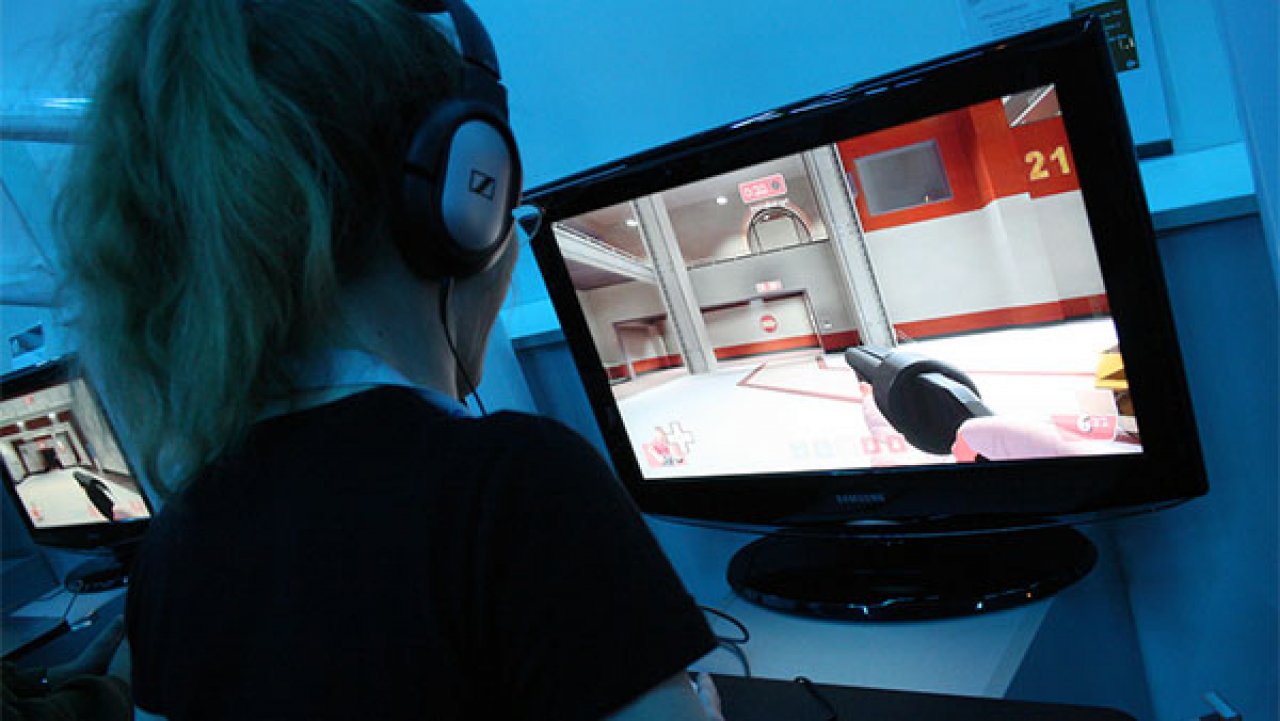Esports has really taken off in the past decade.
Multiplayer games have evolved in such a way that it has revolutionized social interactions and experiences. Although I was not involved, Halo was the first time I witnessed an online community being formed. Sitting on the couch with a friend has become obsolete with the split screen format limiting each player’s FOV, especially if you’re playing on a smaller screen. Now, you can hop on your PC or Console and start playing enormous multiplayer games with people all around the world. That community dynamic continues for years after a game’s release. Look at the seemingly immortal games like Counter-Strike and Team Fortress 2 and you’d see that the competitive scene for well-made games only gets stronger with time.
In terms of actual sports games, I’ve played my fair share of NBA and NFL titles. The competitive spirit involved in a more personal “1v1” game is unique compared to large 64 player battles. This feeling has been revitalized for myself in the form of Rocket League. Having a 1v1 or small team experience weighs more on each player than a game like Battlefront. Coordination between larger quantities of players has also increased with the rise of Esports and other competitive formats. Friends enjoying a casual game of Grand Theft Auto yell, curse, and praise over voice chat while the more serious MOBA teams have keywords and terminology to quickly convey messages to their teammates. The scatterbrained banter of old is still prevalent, but even your average player is now well versed in the etiquette of a team setting.
In a world of always-online games such as Destiny and The Division, another multiplayer mode that is being abolished is Campaign Co-op.
In the core of these games, co-op still exists but functions very differently. Games like Army of Two and Borderlands were phenomenal executions of the genre but are seen less and less. We are shifting to a time where you can play single player at your pace, but see other players go about on their own adventures. PC gamers would be used to the sight of this assuming most have played an MMO in their lifetime. AAA games are following in MMO’s footsteps to augment a single player’s campaign experience by populating games with real life players, instead of NPC’s exclusively.
All of these points raise an important question. What will the lifespan of these games be once people move on? In other words, if no one is online to share the experience with a decade from now, how will the experience change compared to someone who played from Day-1? The appeal of these strictly multiplayer games will be very short lived. Not every title will enjoy the longevity of Team Fortress 2. Developers will continue to make multiplayer heavy games as long as people buy, but well crafted Single Player experiences will be treasured in the long run. The last two installments of the Metal Gear franchise have had a fantastic competitive multiplayer component, but its charm essentially lies in the story telling and world that it introduces you to. Maybe there’s a lesson in there somewhere for EA and Activision.

